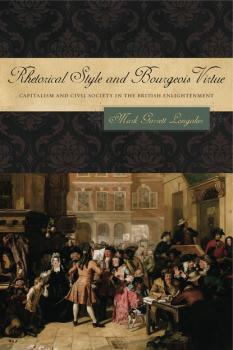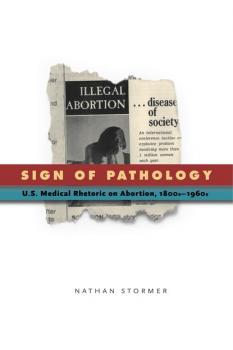RSA Series in Transdisciplinary Rhetoric
Скачать книги из серии RSA Series in Transdisciplinary RhetoricRhetorical Style and Bourgeois Virtue
During the British Enlightenment, the correlation between effective communication and moral excellence was undisputed—so much so that rhetoric was taught as a means of instilling desirable values in students. In Rhetorical Style and Bourgeois Virtue , Mark Garrett Longaker explores the connections between rhetoric and ethics in the context of the history of capitalism. Longaker’s study lingers on four British intellectuals from the late seventeenth to the mid-nineteenth century: philosopher John Locke, political economist Adam Smith, rhetorical theorist Hugh Blair, and sociologist Herbert Spencer. Across one hundred and fifty years, these influential men sought to mold British students into good bourgeois citizens by teaching them the discursive habits of clarity, sincerity, moderation, and economy, all with one incontrovertible truth in mind: the free market requires virtuous participants in order to thrive. Through these four case studies—written as biographically focused yet socially attentive intellectual histories—Longaker portrays the British rhetorical tradition as beholden to the dual masters of ethics and economics, and he sheds new light on the deliberate intellectual engineering implicit in Enlightenment pedagogy.
Sign of Pathology
Much of the political polarization that grips the United States is rooted in the so-called culture wars, and no topic defines this conflict better than the often contentious and sometimes violent debate over abortion rights. In Sign of Pathology , Nathan Stormer reframes our understanding of this conflict by examining the medical literature on abortion from the 1800s to the 1960s. Often framed as an argument over a right to choose versus a right to life, our current understanding of this conflict is as a contest over who has the better position on reproductive biology. Against this view, Sign of Pathology argues that, as it became a medical problem, abortion also became a template, more generally, for struggling with how to live—far exceeding discussions of the merits of providing abortions or how to care for patients. Abortion practices (and all the legal, moral, and ideological entanglements thereof) have rested firmly at the center of debate over many fundamental institutions and concepts—namely, the individual, the family, the state, human rights, and, indeed, the human. Medical rhetoric, then, was decisive in cultivating abortion as a mode of cultural critique, even weaponizing it for discursive conflict on these important subjects, although the goal of the medical practice of abortion has never been to establish this kind of struggle. Stormer argues that the medical discourse of abortion physicians transformed the state of abortion into an indicator that the culture was ill, attacking itself during and through pregnancy in a wrongheaded attempt to cope with reproduction.

